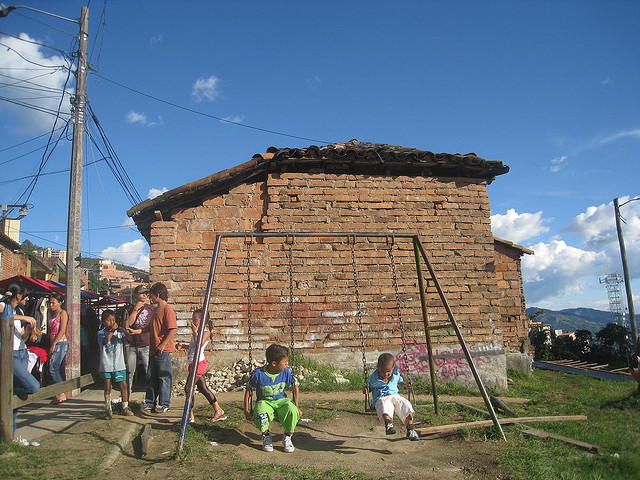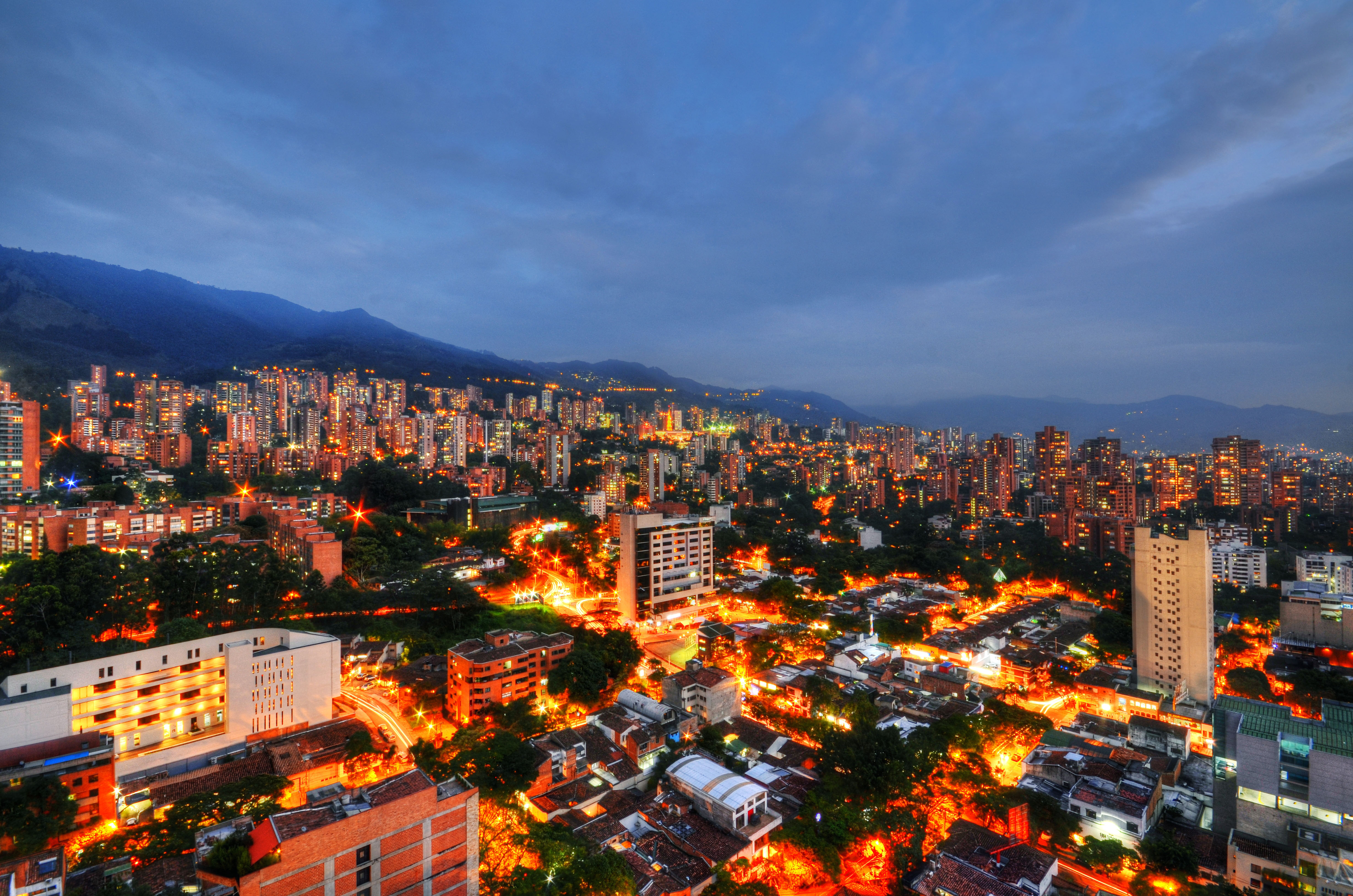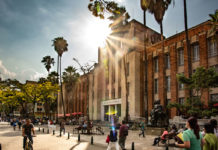
There is little doubt that Medellín, with its progressive approach to social inclusion and innovative infrastructure projects, has come on leaps and bounds in development terms over the past twenty years.
However beyond the bars of Poblado and the restaurants of Laureles lies a city that still faces many challenges.
With complex social and governance issues, many locals are still confronted with challenges in accessing decent education, nutrition and sanitation (to name but a few).
Take a walk in areas like Barrio Triste and you will encounter a very different reality to the one you will see on a night out in Parque Lleras.
In this new monthly series, we are going to feature different Non-Governmental Organizations (NGOs) that work in Medellin on an array of different themes, and ask them to explain about their mission, their projects and their intended impact.
The ultimate aim of the series is to offer an insight into how Medellín Living readers can support the NGOs and their work, whether it’s volunteering time or expertise, donating money or products, or setting up projects and partnerships through companies.
We are looking to galvanize support for these NGOs, while hopefully shining a light on some of the issues that affect the city and its inhabitants.
The NGOs won’t be evaluated or analyzed subjectively but rather given the opportunity to showcase their projects and development impacts through an interview style format, based on criteria that development NGOs might use to assess projects.
These interviews will look to showcase how the NGOs are having a sustainable and positive impact on the beneficiaries they aim to support, and ensure that they have policies and procedures in place to protect those beneficiaries.
Without going too far into the theoretical perspectives of development work, it also must be acknowledged that some NGOs have the best of intentions but that doesn’t necessarily always translate into positive development for the communities they work with.
Empowerment over dependency is vital in successful development work and we have to be careful about thinking all NGOs solve the problems they wish to address.
I once worked for an international development charity that worked in child-centred community development and people wanted to send gifts to their sponsored children.
Although they had the best intentions at heart, sending gifts had caused resentment in the communities in the past. Children who were sponsored received the latest toys/footwear and those who weren’t complained about favoritism.
The well-meaning gesture actually had an adverse impact on the community and gift-giving was stopped.
Likewise, many question the idea of “voluntourism.” If, however, volunteering is done properly and utilizes people’s skills, experience and expertise to address clearly identified problems then there is a genuine opportunity for people to make a real difference and for the experience to be mutually beneficial for both parties.
Every project and every situation is different, so understanding the local context and working with those affected by the issues that they face, will help in the development of sustainable solutions.
Yes extranjeros can bring a lot of expertise and experience to help address issues, but they won’t change anything without a thorough knowledge of the specific context, combined with the ability to create collaborative relationships with the people who are affected.
A bottom up approach where the beneficiaries are actively involved in projects from the outset and have an active say on what they want to see change is vital for any successful and sustainable project.
From teaching English in rural Africa to coordinating a sustainable tourism project in Patagonia, I have been fortunate enough to have had the opportunity to volunteer on some great projects across different cultures and countries.
I am currently on a sabbatical from completing a Masters in International Business and Development and am continuously learning about development work in Latin America through my role as partnerships manager for an NGO that helps miners with their social and environmental practices.
I have learned whatever your job, nationality or education, EVERYBODY can make a positive difference to the lives of those around them.
Medellín is full of bright, warm and compassionate people, both extranjeros and locals alike. We all have different skills and insights that can help make a difference to people’s lives.
Adopting a positive and proactive approach in our free time, or encouraging your companies and work mates to get involved in projects, can make life that bit better for others while giving you a sense of purpose.
I truly believe we have an opportunity to change the world we live in, and by combining our ideas, efforts and experiences, we can have a positive impact in the beautiful city that many of us now call home.
I hope you enjoy the series and are inspired to support the NGOs in any way you can.
If you would like to be featured as an NGO in our series, please contact me at nickmilne1@hotmail.com with more information about your work.












Terrific! Keep it coming!
Hey do these types of organizations hire employees/staff from abroad? I would love to get some more info on positions available: especially at schools serving underprivileged children and families!
Hey Nick thank you so much for your post it has a key points! I’m sharing a videos which can help you to spread out some tips for responsable volunteering. I’d be great if every volunteer before make any decision research and watch them. I’m so lucky to be part of http://www.learningservice.info and I’d love to learningservice.info in my lovely country Colombia.
hi Nick
I just moved to Medellin and looking for volunteer opportunities in housing. I am an architect. I heard about Techo Colombia and would like to do one of their weekend volunteering trips. Do you know of someone there who speaks english? or if there are other organisations that work in social housing.